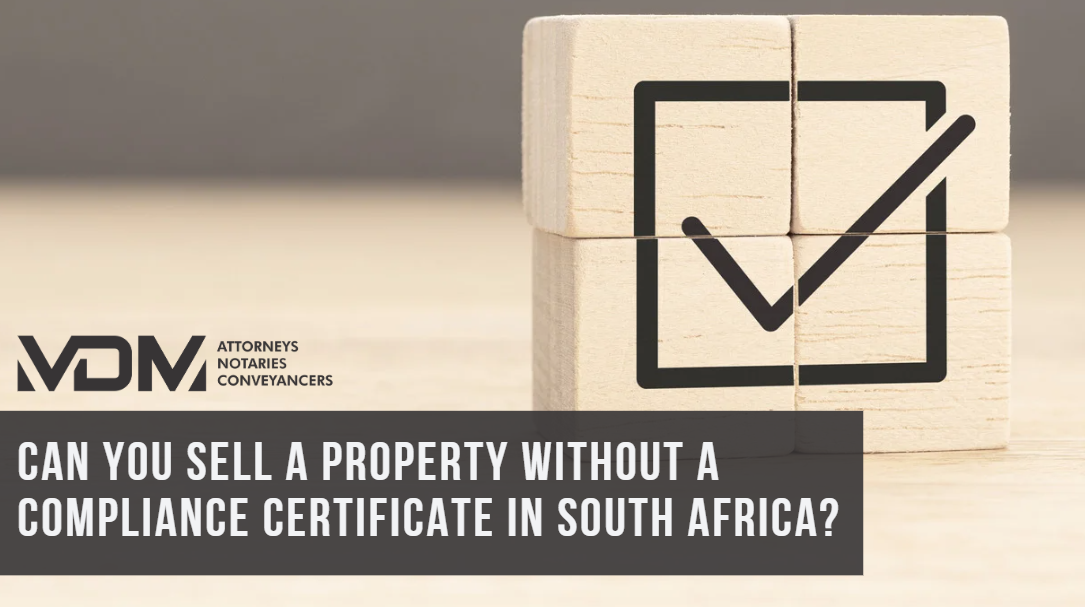
When selling property in South Africa, one of the most common questions is: Do I need a compliance certificate before I can transfer the property?
The short answer is: Yes, in most cases - compliance certificates are legally required to ensure that the property meets minimum safety and regulatory standards. Without them, transfer of ownership cannot be completed.
What Is a Compliance Certificate?
A compliance certificate is an official document issued by a registered professional, confirming that certain installations on the property meet legal standards. These certificates protect both the buyer and the seller by ensuring that the property is safe and legally compliant.
Types of Compliance Certificates Required
- Electrical Compliance Certificate (CoC)
- Required for all properties under the Occupational Health and Safety Act.
- Certifies that the electrical installation is safe and up to standard.
- Water/Plumbing Certificate
- Required in Cape Town (and some other municipalities).
- Confirms that the water installation complies with municipal by-laws and is not wasting water.
- Gas Compliance Certificate
- Required if the property has gas installations.
- Ensures gas fittings meet safety requirements
- Electric Fence Compliance Certificate
- Required if the property has an electric fence.
- Must be issued by an installer registered under the Electric Fence Installers Association.
- Beetle Certificate
- Not required by law nationwide but often a contractual requirement in coastal regions (KwaZulu-Natal, Eastern Cape, Western Cape).
- Confirms that the property is free from wood-destroying beetles.
🚫 Can You Sell Without One?
- Legally: Certain certificates (like electrical) are required by law before transfer can be registered at the Deeds Office.
- Practically: Even if not strictly required by law in your region (like the beetle certificate), buyers and banks often insist on compliance certificates as part of the sale conditions.
- Risk: Selling without compliance certificates exposes the seller to liability if defects or safety issues arise after transfer.
When Should They Be Obtained?
Compliance certificates are usually obtained after the offer to purchase is signed but before transfer is lodged. Sellers are generally responsible for arranging and paying for them.
Final Word
While you may technically list your property without compliance certificates, you cannot complete the transfer until the required certificates are in place. These documents protect all parties involved and ensure that the property transaction complies with South African law.
At VDM Attorneys, our conveyancers guide sellers step by step, ensuring that all compliance requirements are met in time for a smooth and efficient transfer.
📞 Contact us today for advice on compliance certificates and assistance with your property transfer.